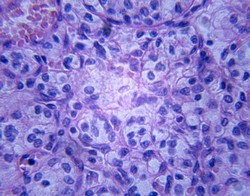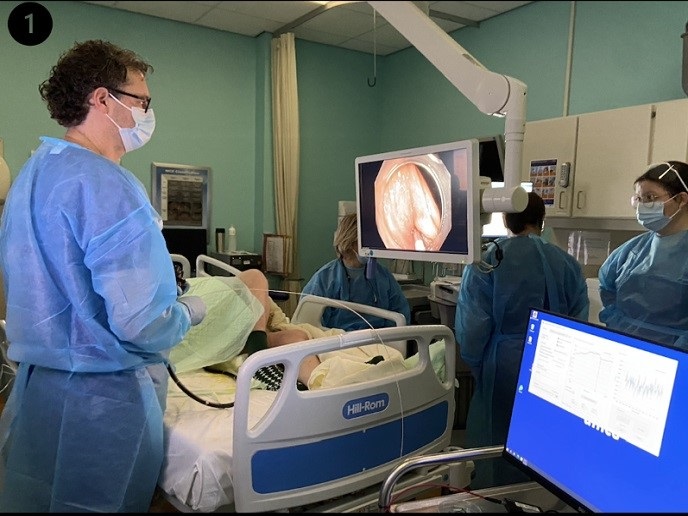Biomarkers for predicting response to renal cancer therapy
Renal cancer is traditionally treated by surgery, which is however only effective in localised disease. Emerging therapies based on tyrosine kinase inhibitors have shown robust clinical effects in the 50 % of renal cancer patients who present with metastasized renal cell cancer (mRCC). Remarkably, the majority of patients exhibit some reduction in tumour burden and the median progression-free survival and overall survival have increased by about 6 months to approximately 1.5 to 2 years. However, both response and toxicity are not predictable on an individual basis, and drug choice, dose and sequence are highly empirical based on clinical parameters. At the same time, the high cost and lifelong administration of these targeted therapies require a more evidence-based treatment plan with predictive capacity. To address this challenge, the EU-funded EUROTARGET(opens in new window) (European collaborative project on targeted therapy in renal cell cancer: Genetic and tumor-related biomarkers for response and toxicity) project set out to identify and characterise host and tumour-related biomarkers to predict responders, adverse responders and non-responders. To facilitate such personalised medical decisions, project partners proposed to integrate genetic information from both patients and tumours with clinical data and prediction modelling. This information was vital for understanding the critical molecular, resistance and toxicity pathways and for defining new risk stratification criteria. To this end, researchers utilised high-throughput platforms for analysing molecular data from a large homogeneous population of mRCC patients treated with tyrosine kinase inhibitors. Results showed that the risk to develop renal cell carcinoma as well as to respond to particular drugs was associated with a certain genetic make-up of the patient. Functional analysis in model cells indicated that drug sensitivity and toxicity could be attributed to the levels of proteins involved in cell growth. Drug efficacy was also down to different tumour enzyme levels that could be exploited to guide drug choice. Collectively, EUROTARGET results and discovered biomarkers support a personalised medical approach for the treatment of renal cancer, reducing unnecessary drug use and expense. At the same time, the generated information on drug resistance and metastasis can be utilised to design additional therapeutic interventions.







